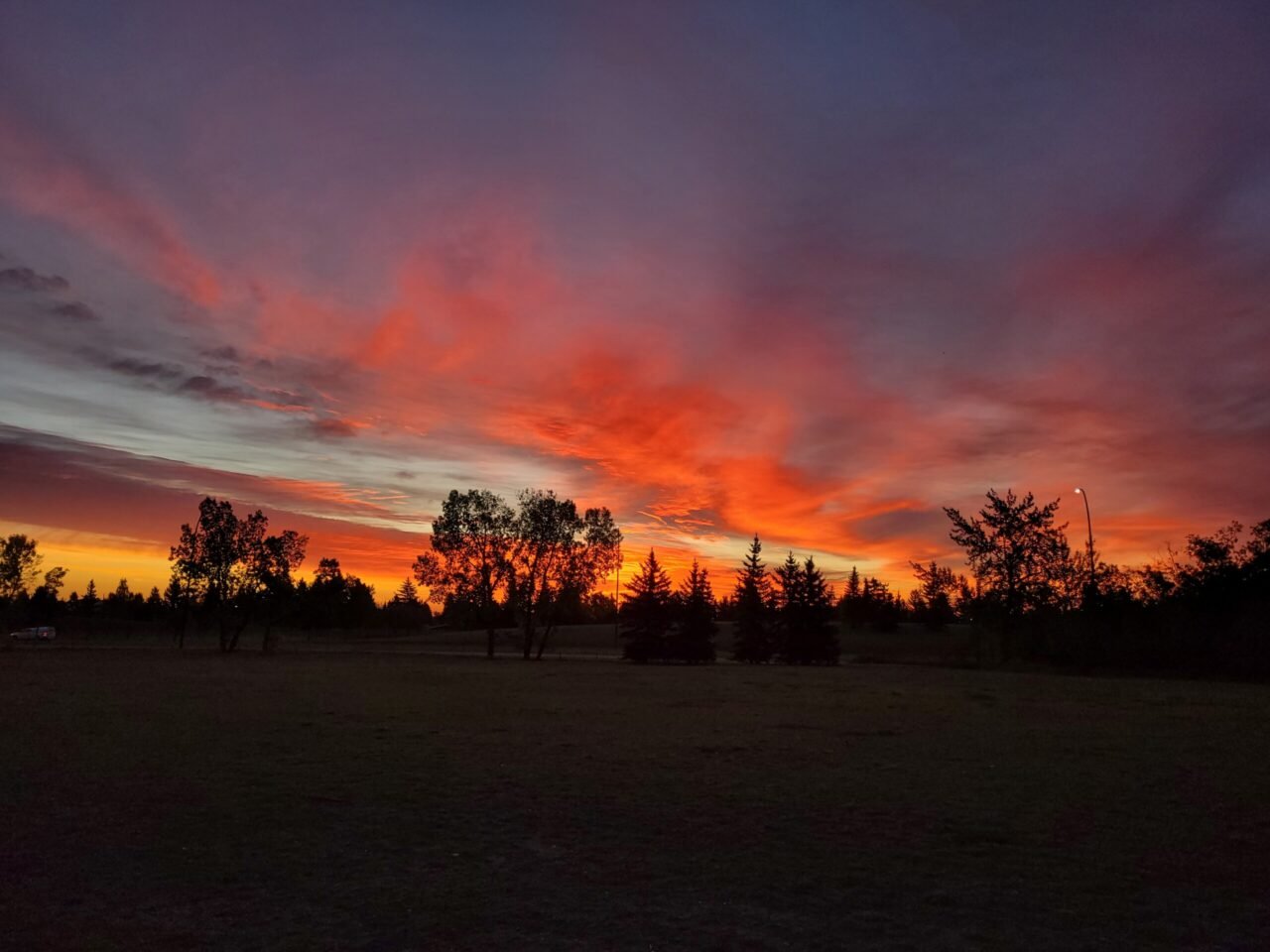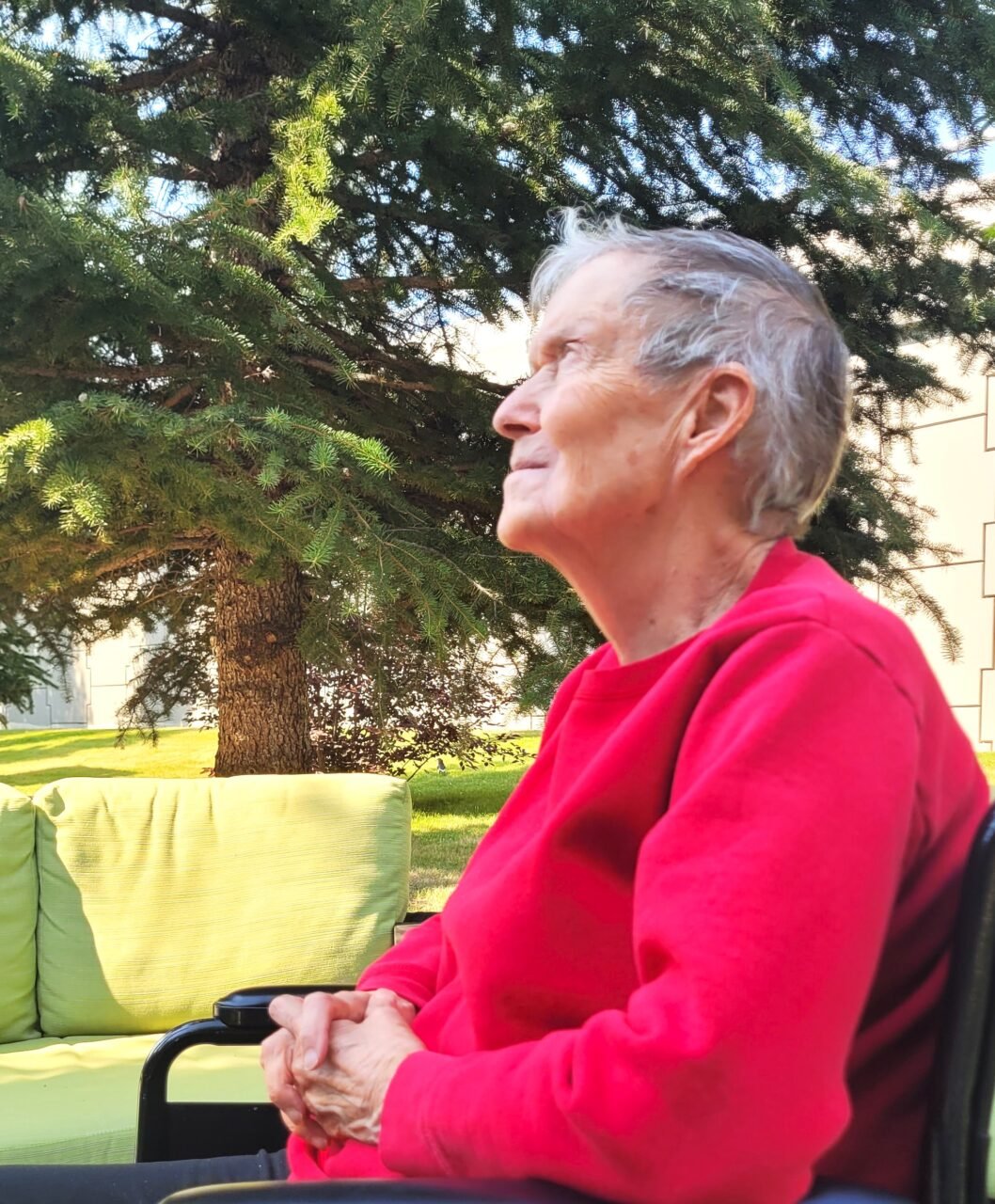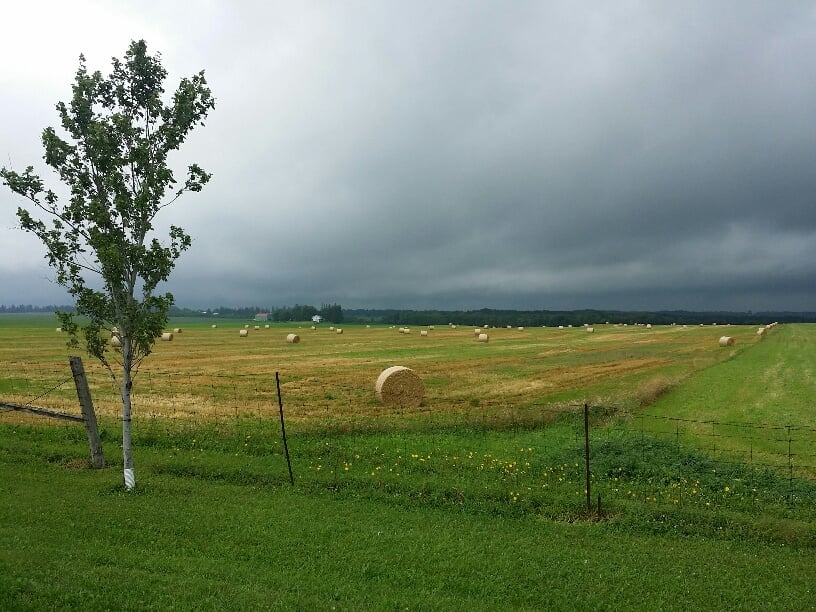Why Some People Avoid Thinking About Their Own Death
When I was studying to become a death doula I had a deep-rooted idea that if someone knew their death was approaching they would delve into a profound self-reflective phase. I thought that anyone facing death would want to right wrongs, share sage advice, ask for forgiveness and forgive. My experience as a death doula is that this doesn’t always happen.
The fact that not everyone defaults to “Spiritual Mode” has thrown me for a loop. If I see someone’s death journey as a sacred one, why doesn’t my client see it even more than I do? After all, it’s their death – the ultimate unknown doorway, the point of no return. A great deal of emotional and spiritual energy goes into my work of attending to the dying. I tend to give it everything I’ve got.

What I have learned is that dying people still think about what shoes to wear, take a huge interest in politics, or decide that there is nothing at all to talk about at all. Is it a cover-up for intense fear and anxiety or is it really just how a person thinks and that’s all there is to it? As a death doula I try to figure that out and respond accordingly.
Death is a universal experience, yet it’s a topic many people prefer to avoid. The fear of the unknown, cultural taboos, and personal anxieties all contribute to avoidance. In this blog, we’ll explore why some people find it difficult to confront their own mortality and how this avoidance impacts their lives.
1. The Fear of the Unknown
I think this is the obvious one. Death represents the ultimate mystery, and the uncertainty of what happens after we die can be terrifying. This fear can lead to avoidance behaviors, where individuals steer clear of conversations or thoughts about death.
2. Cultural and Societal Taboos
In many cultures, death is considered a taboo subject. Societal norms often discourage open discussions about mortality. This cultural silence can make it difficult for individuals to process their feelings about death. You might think that social taboos are more of an issue in the older generation, but I have also had young clients that had no interest in reflecting on their lives, nor sharing their feelings with their loved ones because “we just don’t talk about that”.

3. Personal Anxieties, Psychological Factors and Spirituality
Personal anxieties, such as the fear of pain, loss of control, or leaving loved ones behind, can also contribute to the avoidance of death. Psychological factors, including denial and repression, play a significant role in how individuals cope with the concept of their own mortality. In my own experience, people that believe that a “big nothing” follows death are the ones least likely to talk about it. Those that have some spiritual belief in an afterlife are more willing to speak about what lies beyond.
5. Withdrawal as part of the natural dying process
We often see people withdraw socially as they approach a natural death. As someone withdraws they may not have physical or emotional energy to give to an intense subject such as mortality. People that are in this state may very well be thinking deep thoughts and trying to make sense of it all, but it either requires too much energy to have a conversation about it, or – and this is important – there is a deep spiritual realization that one’s own life experience is deeply personal, and that the spiritual lessons and markers we draw from our own lives don’t need to be shared. The life journey is for our own realization and each one of us interprets it differently.
6. It won’t happen to me – not yet, anyway
Let’s be honest – we all know deep down that we are going to die, one day, but do we really KNOW that? Maybe we don’t need to face it because we may somehow escape our fate. Or if we can’t escape, our death is so far in the future that we’ve got plenty of time to consider the serious stuff. As a death doula, I have experienced a client with this mindset just days before his death. If this man was extremely ill and in pain and couldn’t see his own demise, it stands to reason that when we are perfectly healthy we might not be able to conceive of it, either.
The Impact of Avoidance
Avoiding thoughts of death can have various impacts on an individual’s life. It can lead to increased anxiety, hinder personal growth, and prevent someone from making meaningful end-of-life plans. An internet search will pull up lots of articles that tell you why this is so.
But to be perfectly honest, sometimes avoiding thoughts of death seems to have had no negative impact at all. In fact, the avoidance of deep reflection in a dying person is more likely – in my experience – to affect my client’s loved ones than my client themself. As people hope to learn family secrets, great truths, or mend broken relationships they can gradually become disillusioned and frustrated with the dying person’s unwillingness to open up. In these cases, a gentle suggestion that people aren’t so much “against you” as they are “for themselves” can help put things in perspective. The dying person is burrowed in to their personal experience of dying. As a death doula, I try to steer people toward what is, instead of what could be. There is more grace in accepting each moment exactly as it is – which means accepting all the unfinished business.
Strategies for Facing Mortality
There are several strategies that can help individuals become more comfortable with the idea of death:
- Education and Awareness: Learning about death and the dying process can demystify the experience. I have found that this, indeed, has helped many clients. Once they learn what to expect it creates “space” to talk about other things.
- Open Conversations: Talking about death with friends, family, or professionals can reduce fear and anxiety. Of course, you can lead a horse to water but…
- Mindfulness and Meditation: Practices that promote mindfulness can help individuals accept the impermanence of life. Prayer also helps. Making any kind of sacred space for reflection really helps.
- Therapy and Support Groups: Professional help and support groups can provide a safe space to explore feelings about death. One such model is the “Death Cafe”. Death cafes are popping up all over the world. They are always free!
- Protecting the Personal Journey: Becoming more comfortable with death doesn’t mean that you have to share everything you are thinking and feeling. It is a deeply personal and poignant journey.
I have seen a lot of articles online about how facing our mortality is an essential part of being human. Even though I wholeheartedly embrace this idea, and want each of my clients to understand their death journey, mend fences and reflect on the highlights of their lives, as a death doula my role is to meet people where they are at, and accept their journeys as they are. Of course I make gentle suggestions or nudge people in the direction of profundity, but ultimately I respect each person’s unique path. I learn from all the deaths I have attended.
I have witnessed people go gently, and conversely fight until their last breath. As Byron Katie has often said, “When you argue with reality you lose – but only 100% of the time.” In my work I think I am a better doula when I fully accept my client’s death journey. No matter how they “do death” and whether it is a “good death” or not, the space I work in is sacred. It is a great honour to be in that space.
If you are facing end-of-life issues you are welcome to contact me, or book a free, 30-minute private consultation.
Download My Free End-of-Life Glossary
This comprehensive guide will help you navigate the often unfamiliar terminology associated with end-of-life discussions. You’ll also receive valuable insights about once a month. No spam ever; unsubscribe anytime. Download your free glossary today.
